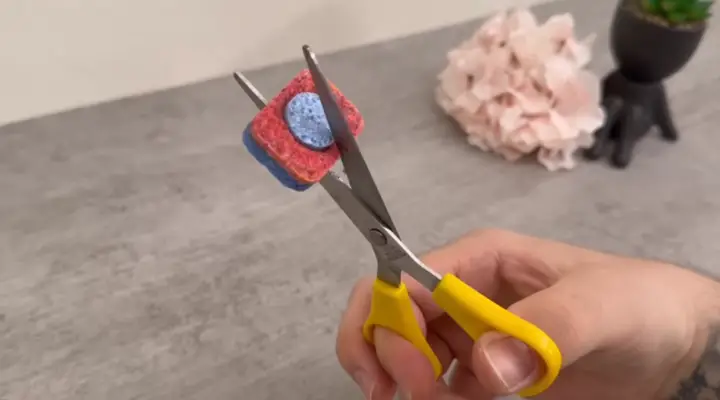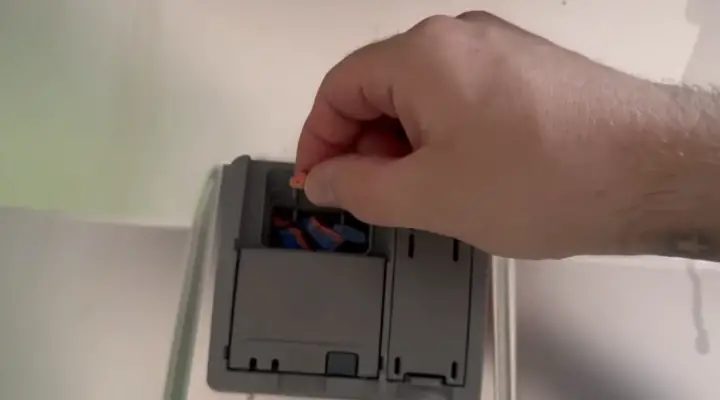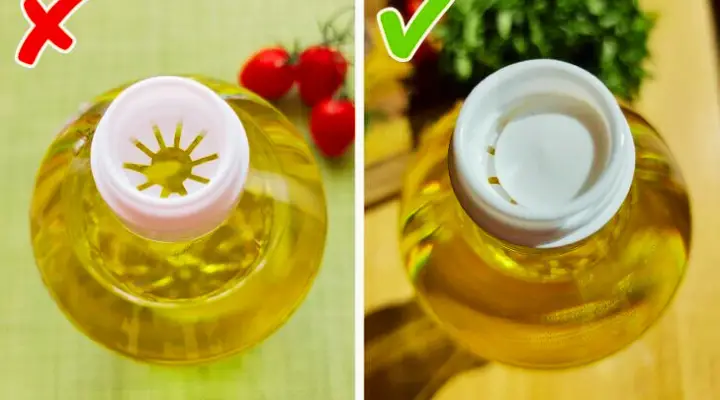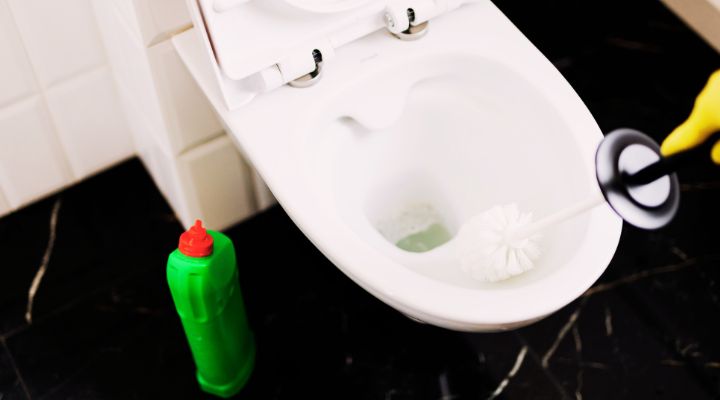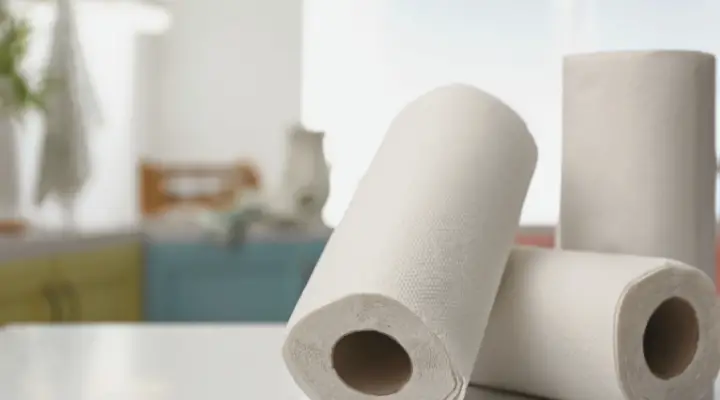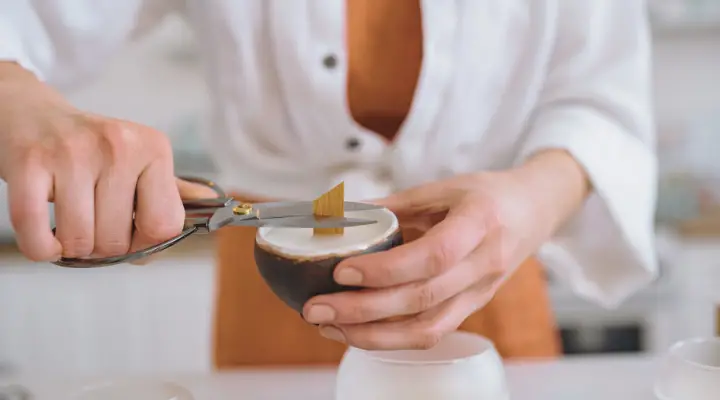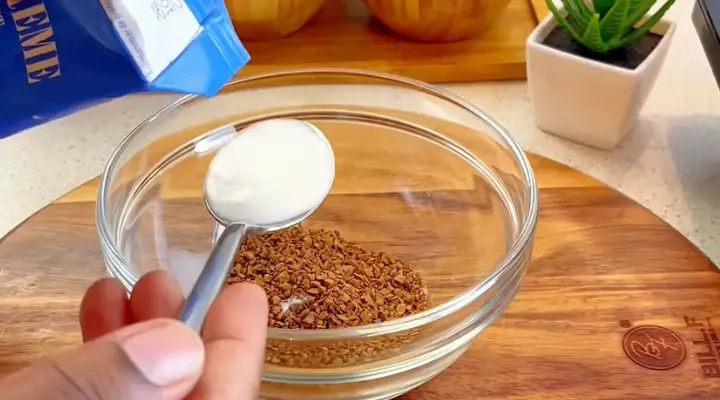Health care: It’s more than just doctor’s visits and prescriptions; it’s the bedrock of a fulfilling and productive life. Have you ever stopped to consider how deeply intertwined your well-being is with every aspect of your day? From the energy you have to pursue your passions to the clarity you need to make important decisions, your health is the silent engine driving it all.
The concept of health care has evolved dramatically throughout history. Ancient civilizations revered healers and developed intricate systems of medicine rooted in natural remedies and spiritual practices. Think of the Egyptian papyri detailing surgical procedures or the traditional Chinese medicine practices that continue to thrive today. These early forms of care highlight a universal human desire to alleviate suffering and promote longevity.
But why is prioritizing health care so crucial in our modern world? Well, I believe it’s because we’re living longer, more complex lives. We face unprecedented environmental challenges, dietary temptations, and chronic stress levels. Access to quality health care empowers us to navigate these challenges, manage chronic conditions, and prevent future illnesses. It’s about taking proactive steps to safeguard our physical and mental well-being, ensuring we can live our lives to the fullest, for as long as possible. It’s not just about treating sickness; it’s about cultivating wellness.
Using Dishwasher Tablets Effectively: A Comprehensive Guide
Hey there! Ever wondered if you’re *really* getting the most out of those little dishwasher tablets? I know I have! It’s easy to just toss one in and hope for the best, but with a few tips and tricks, you can ensure sparkling clean dishes every single time. Let’s dive into a detailed guide on how to use dishwasher tablets effectively.
Understanding Dishwasher Tablets
First things first, let’s talk about what dishwasher tablets actually *are*. They’re essentially concentrated doses of detergent, rinse aid, and sometimes even water softener, all packed into one convenient little package. This makes them super easy to use, but it also means you need to understand how they work to get the best results.
Choosing the Right Dishwasher Tablet
Not all dishwasher tablets are created equal! Here’s what to consider when choosing the right one for you:
- Ingredients: Look for tablets that contain enzymes to break down food particles, bleach for stain removal, and rinse aid for spot-free drying.
- Brand Reputation: Stick with well-known brands that have a good track record. Reading online reviews can be super helpful!
- Water Hardness: If you have hard water, choose tablets that contain water softeners. This will prevent mineral buildup and improve cleaning performance.
- Eco-Friendliness: If you’re environmentally conscious (like me!), look for eco-friendly tablets that are biodegradable and phosphate-free.
- Allergies: If anyone in your household has allergies, check the ingredient list carefully to avoid potential allergens.
Preparing Your Dishwasher
Before you even think about popping in a tablet, make sure your dishwasher is ready to go!
- Scrape Off Food: This is crucial! Dishwasher tablets are designed to clean dishes, not dispose of large food particles. Scrape off any leftover food into the trash or garbage disposal.
- Load Dishes Properly: Proper loading is key to effective cleaning. Don’t overcrowd the dishwasher, and make sure dishes aren’t blocking the spray arms. Place items with baked-on food facing the center of the dishwasher.
- Check Spray Arms: Make sure the spray arms are free of debris and can rotate freely. Clogged spray arms can significantly reduce cleaning performance.
- Clean the Filter: A dirty filter can also hinder cleaning performance. Most dishwashers have a filter at the bottom that needs to be cleaned regularly. Refer to your dishwasher’s manual for instructions on how to clean the filter.
Step-by-Step Instructions for Using Dishwasher Tablets
Okay, now for the main event! Here’s a step-by-step guide on how to use dishwasher tablets effectively:
- Load the Dishwasher: As mentioned earlier, proper loading is essential. Make sure dishes are arranged so that water can reach all surfaces.
- Check the Detergent Dispenser: Locate the detergent dispenser in your dishwasher. It’s usually a small compartment on the inside of the door.
- Place the Tablet in the Dispenser: Place one dishwasher tablet in the detergent dispenser. Make sure the dispenser is dry before adding the tablet.
- Close the Dispenser: Close the detergent dispenser securely. Some dispensers have a latch or clip to keep them closed.
- Select the Appropriate Cycle: Choose the appropriate wash cycle for your load. For heavily soiled dishes, use a heavy-duty cycle. For lightly soiled dishes, use a normal or eco cycle.
- Start the Dishwasher: Press the start button to begin the wash cycle.
Troubleshooting Common Issues
Even with the best preparation, you might encounter some issues. Here’s how to troubleshoot some common problems:
Tablet Not Dissolving
* Problem: The tablet is still intact at the end of the wash cycle.
* Possible Causes:
* The detergent dispenser was wet when the tablet was added.
* The water pressure is too low.
* The water temperature is too low.
* The spray arms are clogged.
* Solutions:
* Make sure the detergent dispenser is dry before adding the tablet.
* Check your water pressure.
* Run the hot water tap before starting the dishwasher to ensure the water is hot enough.
* Clean the spray arms.
Cloudy Dishes
* Problem: Dishes are coming out cloudy or streaky.
* Possible Causes:
* Hard water.
* Too much detergent.
* Not enough rinse aid.
* Solutions:
* Use dishwasher tablets that contain water softeners.
* Try using half a tablet if you have soft water.
* Make sure the rinse aid dispenser is full.
Food Residue
* Problem: Food particles are still stuck to the dishes after washing.
* Possible Causes:
* Dishes weren’t scraped properly.
* The dishwasher is overloaded.
* The spray arms are clogged.
* The filter is dirty.
* Solutions:
* Scrape dishes thoroughly before loading them into the dishwasher.
* Don’t overload the dishwasher.
* Clean the spray arms.
* Clean the filter.
Smelly Dishwasher
* Problem: The dishwasher has a bad odor.
* Possible Causes:
* Food particles are trapped in the filter or spray arms.
* Mold or mildew is growing inside the dishwasher.
* Solutions:
* Clean the filter and spray arms.
* Run an empty cycle with a cup of white vinegar in the top rack.
* Leave the dishwasher door slightly ajar after each use to allow it to air out.
Tips for Maximizing Dishwasher Tablet Performance
Here are a few extra tips to help you get the most out of your dishwasher tablets:
- Store Tablets Properly: Store dishwasher tablets in a cool, dry place to prevent them from dissolving or clumping together.
- Use Rinse Aid: Rinse aid helps to prevent water spots and streaks, leaving your dishes sparkling clean.
- Run the Dishwasher Regularly: Running the dishwasher regularly helps to prevent food particles from building up and causing odors.
- Consider a Dishwasher Cleaner: Use a dishwasher cleaner periodically to remove mineral buildup and keep your dishwasher running smoothly.
- Read Your Dishwasher’s Manual: Your dishwasher’s manual contains valuable information about how to use and maintain your dishwasher properly.
When to Consider Alternatives to Dishwasher Tablets
While dishwasher tablets are convenient, there are times when you might want to consider alternatives:
- Very Soft Water: If you have very soft water, dishwasher tablets might be too strong and can leave a residue on your dishes. In this case, you might want to try using a liquid or powder detergent.
- Small Loads: If you’re only washing a few dishes, using a full tablet might be wasteful. You can try breaking a tablet in half or using a liquid or powder detergent instead.
- Specific Allergies or Sensitivities: If you have specific allergies or sensitivities to certain ingredients, you might want to choose a detergent that is free of those ingredients.
Conclusion
Using dishwasher tablets effectively is all about understanding how they work, preparing your dishwasher properly, and troubleshooting any issues that might arise. By following these tips and tricks, you can ensure sparkling clean dishes every time! Happy washing!
“`
Conclusion
In conclusion, exploring the multifaceted uses of dishwasher tablets beyond their intended purpose in your dishwasher is not just a clever life hack; it’s a testament to their potent cleaning power and versatility. From tackling stubborn stains on laundry to revitalizing your bathroom tiles and even breathing new life into your oven, the humble dishwasher tablet proves to be an unexpectedly powerful ally in your cleaning arsenal. Embracing these alternative applications can significantly simplify your cleaning routine, save you money on specialized cleaning products, and contribute to a more sustainable lifestyle by reducing the number of different cleaning agents you need to purchase.
The beauty of these applications lies in their adaptability. For instance, when cleaning your oven, you might find that a paste made with crushed dishwasher tablet and water works best for heavily soiled areas, while a diluted solution is sufficient for lighter grime. Similarly, when using dishwasher tablets to clean your toilet bowl, consider letting the tablet dissolve overnight for maximum effectiveness. Experiment with different concentrations and application methods to discover what works best for your specific needs and the types of surfaces you’re cleaning. Remember to always test a small, inconspicuous area first to ensure the dishwasher tablet solution doesn’t damage or discolor the surface.
We encourage you to embrace the potential of dishwasher tablets and discover the many ways they can simplify your cleaning tasks. Don’t be afraid to experiment and adapt these suggestions to your specific needs and preferences. The possibilities are truly endless!
Most importantly, we want to hear about your experiences! Have you tried using dishwasher tablets in ways not mentioned here? What cleaning challenges have they helped you overcome? Share your tips, tricks, and success stories in the comments below. Your insights could inspire others to discover the full potential of this everyday household item and revolutionize their cleaning routines. Let’s build a community of resourceful cleaners who are always looking for innovative and effective solutions. By sharing our experiences, we can all learn and benefit from the unexpected power of the dishwasher tablet. This is a must-try for anyone looking to streamline their cleaning process and discover the hidden potential in everyday household items.
Frequently Asked Questions (FAQs)
Are dishwasher tablets safe to use on all surfaces?
No, dishwasher tablets are not safe to use on all surfaces. They contain strong cleaning agents that can damage delicate materials like wood, painted surfaces, and certain types of fabrics. Always test the solution on a small, inconspicuous area first to ensure it doesn’t cause discoloration or damage. Avoid using dishwasher tablets on surfaces that are sensitive to harsh chemicals.
Can I use dishwasher tablets to clean my car?
While some people have used diluted dishwasher tablet solutions to clean car wheels or tires, it’s generally not recommended to use them on the car’s paintwork. The harsh chemicals in dishwasher tablets can strip away the wax and damage the clear coat, leading to fading and other issues. There are specialized car cleaning products that are specifically formulated to be safe and effective for automotive surfaces.
What safety precautions should I take when using dishwasher tablets for cleaning?
Always wear gloves when handling dishwasher tablets or their solutions to protect your skin from irritation. Avoid getting the solution in your eyes, and if contact occurs, rinse thoroughly with water. Keep dishwasher tablets and solutions out of reach of children and pets. Ensure adequate ventilation when using dishwasher tablets in enclosed spaces. Never mix dishwasher tablets with other cleaning products, as this could create dangerous fumes.
Can I use dishwasher tablets to clean my jewelry?
It’s generally not recommended to use dishwasher tablets to clean delicate jewelry, especially items containing pearls, opals, or other soft gemstones. The harsh chemicals in dishwasher tablets can damage these materials. For jewelry cleaning, it’s best to use specialized jewelry cleaning solutions or a mild soap and water mixture.
How do I make a dishwasher tablet cleaning solution?
To make a dishwasher tablet cleaning solution, dissolve one dishwasher tablet in a bucket of warm water. The amount of water will depend on the specific application. For general cleaning, a ratio of one tablet to one gallon of water is usually sufficient. For more concentrated cleaning, you can use less water. Make sure the tablet is fully dissolved before using the solution.
Are all dishwasher tablets the same?
No, dishwasher tablets vary in their ingredients and cleaning power. Some tablets contain bleach, while others are bleach-free. Some are designed for heavily soiled dishes, while others are formulated for more gentle cleaning. Consider the type of cleaning you’re doing and choose a dishwasher tablet that is appropriate for the task. Always read the label and follow the manufacturer’s instructions.
Can I use dishwasher tablets to unclog drains?
While some people have had success using dishwasher tablets to unclog drains, it’s not a guaranteed solution. The tablets can help to break down grease and grime, but they may not be effective for more severe clogs caused by hair or other debris. If you’re going to try using a dishwasher tablet to unclog a drain, drop one tablet down the drain, followed by a cup of hot water. Let it sit for a few minutes, then flush with more hot water. If the clog persists, you may need to use a drain snake or call a plumber.
How can I use dishwasher tablets to clean my washing machine?
To clean your washing machine with dishwasher tablets, place one or two tablets directly into the drum of the empty machine. Run a hot water cycle with no clothes. This will help to remove buildup and freshen the machine. You can also add a cup of white vinegar to the dispenser for extra cleaning power.
Are there any surfaces I should absolutely avoid cleaning with dishwasher tablets?
Yes, avoid using dishwasher tablets on the following surfaces:
* Wood: Dishwasher tablets can strip the finish and damage the wood.
* Painted surfaces: The chemicals can cause the paint to fade or peel.
* Delicate fabrics: Dishwasher tablets can damage or discolor delicate fabrics like silk or wool.
* Natural stone: Dishwasher tablets can etch or stain natural stone surfaces like marble or granite.
* Electronics: Never use dishwasher tablets to clean electronic devices.
What if I experience skin irritation after using dishwasher tablets?
If you experience skin irritation after using dishwasher tablets, wash the affected area thoroughly with soap and water. Apply a moisturizer to soothe the skin. If the irritation persists or worsens, consult a doctor.

